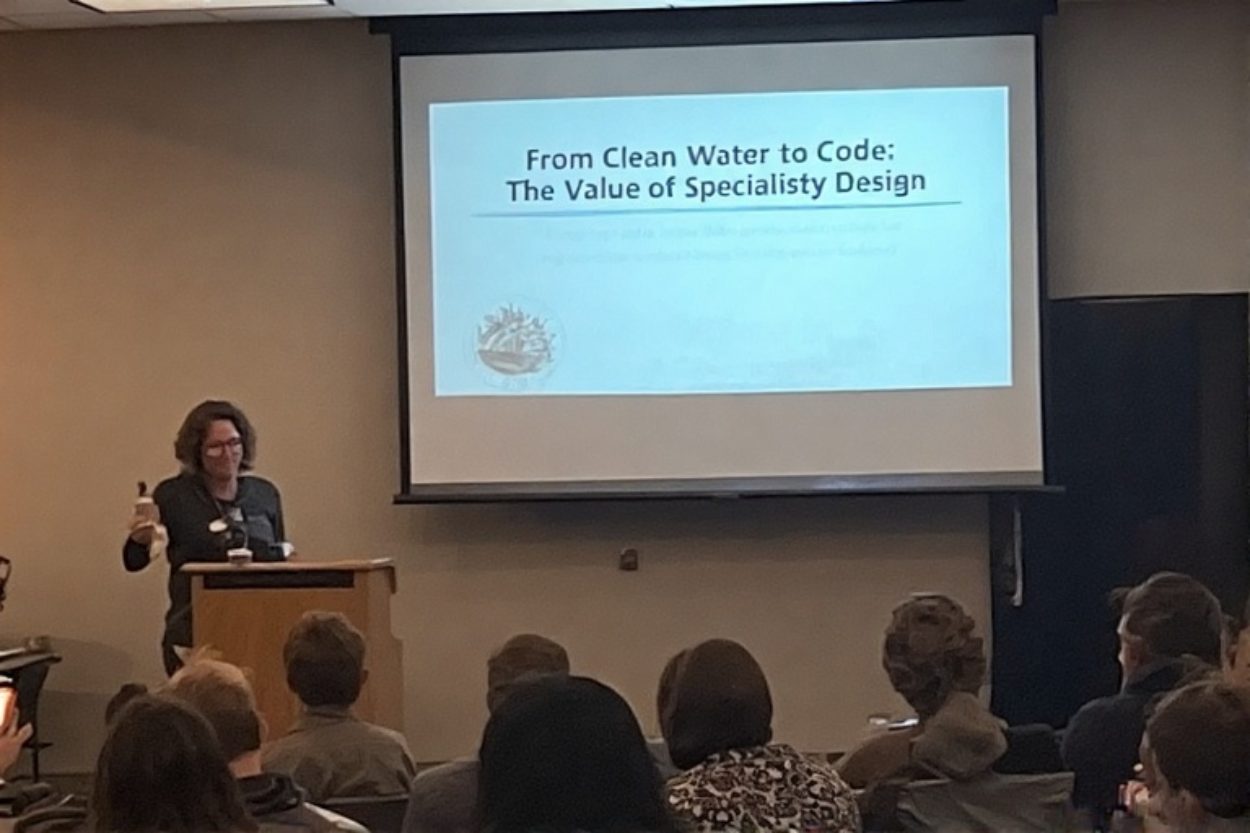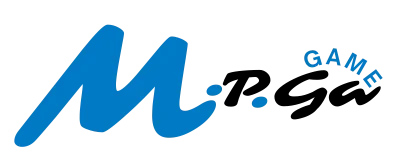From Clean Water to Clean Code: The Value of Specialized Design

Think of the difference between a basic tap and a high-quality water filter. Both provide water, but only one removes harmful impurities to offer a cleaner experience. The same idea applies to digital solutions: generic software delivers Functionality, but often comes bundled with bloat that slows teams down and creates complexity.
In contrast, custom software development acts like a filter, removing digital “impurities” and aligning tools with your business goals. Companies like https://asd.team build specialized, purpose-driven systems that ensure precision, efficiency, and Scalability.
Why Generic Software Falls Short
Most off-the-shelf tools promise plug-and-play convenience. However, for many businesses, especially in complex industries, these generic platforms lead to misalignment, inefficiency, and wasted time.
| Problem Area | Generic Software Limitation | Impact on Business |
|---|---|---|
| UI/UX | One-size-fits-all design | Confusing interfaces, poor user adoption |
| Workflow Compatibility | Inflexible processes | Employees create manual workarounds |
| Features & Functionality | Bloated or irrelevant tools | Slower performance, increased training needs |
| Integration Capabilities | Limited or closed APIs | Can’t sync with other tools |
| Scalability | Rigid structure not built for growth | Limits expansion and performance |
Case for Custom Software
Custom-built solutions are designed for your operational flow, staff needs, and industry challenges. They’re not just tools — they’re strategic assets. Here’s how a tailored approach compares to generic software:
| Criteria | Off-the-Shelf Software | Custom Software |
|---|---|---|
| Initial Setup Time | Quick setup | Longer development cycle |
| Fit with Business Needs | Low to Medium | High — Built specifically for you |
| Cost Over Time | Hidden long-term costs | Higher upfront, lower over time |
| Flexibility & Adaptability | Low | High — Easily updated & scalable |
| Integration Support | Limited | Fully tailored integrations |
| Competitive Edge | Standardized | Unique differentiator |
Real-World Use Case: The Travel Industry
Let’s consider the travel and hospitality industry — a sector where specialization is critical.
Travel platforms must manage:
- Complex multi-time-zone bookings
- Real-time availability across OTAs
- Seasonal traffic surges
- Loyalty programs and user personalization
A generic booking system won’t handle this level of complexity. Instead, custom travel tech can be designed with:
| Feature | Custom Solution Advantage |
|---|---|
| OTA & GDS API Integration | Real-time syncing with platforms like Amadeus, Sabre, Expedia |
| Seasonal Scalability | Handles traffic spikes during holidays |
| Personalized UX | Designs that match your branding and user journey |
| Custom Admin Panels | Tailored to match your team’s operational workflows |
Industries That Benefit Most from Custom Solutions
| Industry | Why Custom Software Helps |
|---|---|
| Healthcare | Compliance (HIPAA), patient data security, custom workflows |
| Finance | Security, custom dashboards, real-time reporting |
| Logistics & Supply | Real-time tracking, route optimization, backend integrations |
| E-commerce | Personalized storefronts, payment gateways, order management |
| Education | LMS systems, student tracking, adaptive content delivery |
Hidden Costs of Generic Tools
Even if initial costs are lower, generic platforms often lead to:
- Higher maintenance costs from inefficient workarounds
- Team frustration due to a lack of personalization
- Lost competitive advantage from a lack of innovation
- Security risks due to a lack of industry compliance
Choosing the Right Development Partner
A specialized software partner, like ASD Team, brings:
| Value Provided | Why It Matters |
|---|---|
| Deep Industry Knowledge | Faster ramp-up, fewer missteps |
| Technical Expertise | Builds systems with long-term stability |
| Scalable Thinking | Plans for future growth and new features |
| Collaborative Approach | Works alongside your internal teams |
Bonus: FAQ – Custom vs. Off-the-Shelf
Q1. Isn’t custom software expensive?
Yes, the upfront cost is higher, but it pays off with lower long-term costs and much better results.
Q2. How long does custom software take to build?
Depends on complexity, but a simple MVP can take 4–8 weeks. Full platforms may take 3–6 months.
Q3. Will I need to hire developers to maintain it?
Most dev firms offer long-term support plans or handoff documentation for your in-house team.
Q4. Can custom software scale with my business?
Yes — it’s designed to. You can add features, users, or services without hitting technical ceilings.
Q5. Is it secure?
If built correctly, it’s often more secure than mass-market apps, because it’s tailored to your risks and compliance needs.
Final Thoughts
In a world where technology drives business success, custom software is no longer a luxury — it’s a competitive requirement. Like clean water filtered for health, specialized software removes inefficiencies to give you a cleaner, faster, and wiser operation.
Don’t settle for generic. Invest in precision.
